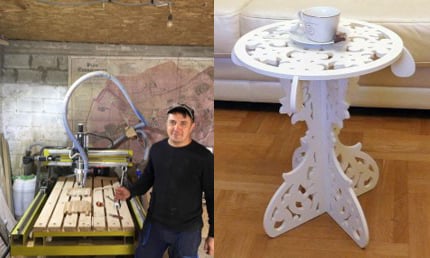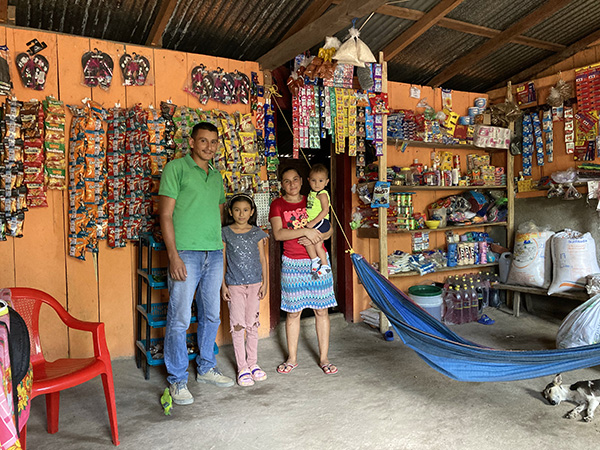The Ukraine conflict approaches its one-year mark the end of this month and is tragically still in full steam. Tanks, missiles, and fighter jets have become the norm in certain areas of the country. What is left of some towns and villages is only about ten percent of the buildings.
The overall economy suffers immensely. Thousands of people left the country, some permanently and others short term, which is one aspect that shook up the workforce. Many people still in the country are jobless. Some businesses shut down completely, and a large percent of those still open struggle to keep going.
CAM’s SALT program enables some Ukrainians to stay in business
The SALT program enabled Ukrainians to use their business skills long before the war, but it continues to play a vital role in helping people provide for themselves in these trying times.

Raspberry business
Paul planted 50 acres of raspberries in 2020 with the help of SALT. The harvest wasn’t large the first two years, but with experience, he majorly increased his crop last year.
“2022 was extremely difficult due to the war,” a SALT member shared. “But God blessed [Paul] and in one month he sold raspberries worth . . . more than his annual earnings last year [2021] and the year before last [2020].” Paul then shared some of his profits with other members of the SALT group who helped prune the raspberries.

Woodcarving business
A pastor from a village in Ukraine who is a member of a SALT Savings group started his own woodcarving business before the war. At the beginning of the conflict, he took his family to another country to ensure their safety. Recently they returned and the pastor continued his business to support his family. SALT members say his products are in high demand.

Family baking business
Eighteen-year-old Tamila is part of a SALT group, which teaches business opportunities and Biblical principles. Last January, someone gave her father some delicious homemade bread that gave him the idea of starting a family baking business.
Tamila’s mother perfected the recipe and taught her how to make bread. “I tried and I succeeded,” Tamila said. “I was very happy, because our family was always provided with fresh, tasty, healthy bread. After sharing the idea of homemade bread with friends, they started buying bread from us several times every week.”
The family hopes to expand the business, but power outages from the war is a major obstacle for them.
Tamila wrote, “We sincerely thank our friends from the program and SALT for their long-term support in training and good advice about the development of our business.”
If you would like to donate to the Ukraine Crisis Program, click here.
If you would like to donate to the SALT Microfinance Solutions Program, click here.






